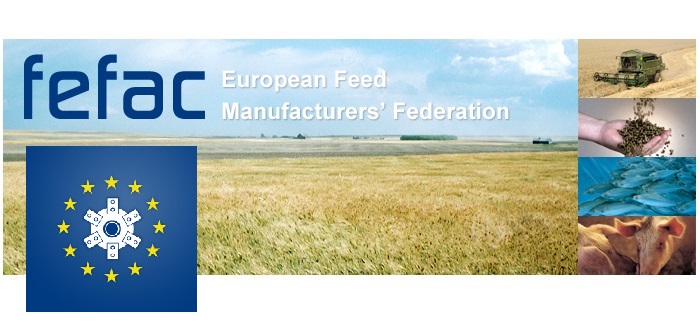More work needs to be done to develop the tools required to measure and reduce the environmental footprint of feed and livestock production, according to the European Feed Manufacturers Federation (FEFAC).
This is especially true of the so-called “regional challenges and initiatives” which currently exist in Europe and which FEFAC wants to see being “fully integrated” into its EU-wide sustainability programme.
Following a recent meeting in Warsaw, for example, between FEFAC and IZBA (the Polish Feed & Grain Chamber), the federation’s sustainability committee chair, Angela Booth, noted that while key FEFAC objectives such as “environmental foot-printing” and “responsible sourcing” may be high on the agenda in north western Europe, the focus was quite different in countries like Poland and Hungary.
“It was interesting to see that a lot of work is being done (in Poland and Hungary) to stimulate the development of alternative protein sources like sweet lupines, non-GMO soya and peas & beans,” she said.
“This is driven by the strong political disapproval of GMO feed materials in countries such as Poland and Hungary, which can even be found in legal provisions which aim to prohibit its use. The challenge to boost the development of alternative protein sources is very much present in other European regions too, although the motivation lies more in the desire to reduce the protein deficit and the subsequent reliance on imports.
“As well as in other countries, our colleagues in Poland and Hungary also see that replacing GMO soybean meal is a huge challenge for some sectors like broilers and laying hens, as no other protein source matches its qualities in the light of nutritional characteristics mainly linked to the amino-acid profile, palatability and availability.”
Ms Booth concluded that while her committee has already realised a substantial amount of work since it started its work in 2012, further work will need to be done to allow for regional challenges and initiatives to become fully integrated into its future working programme.




